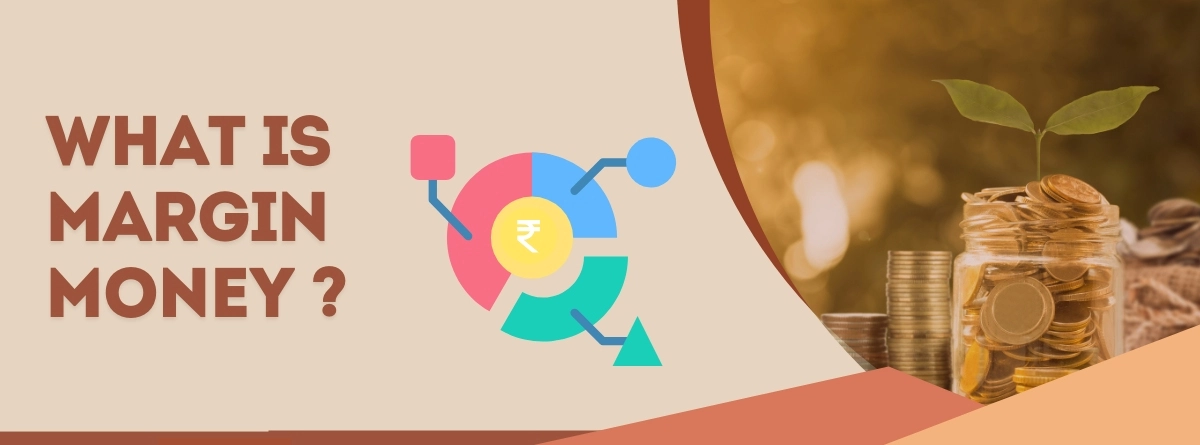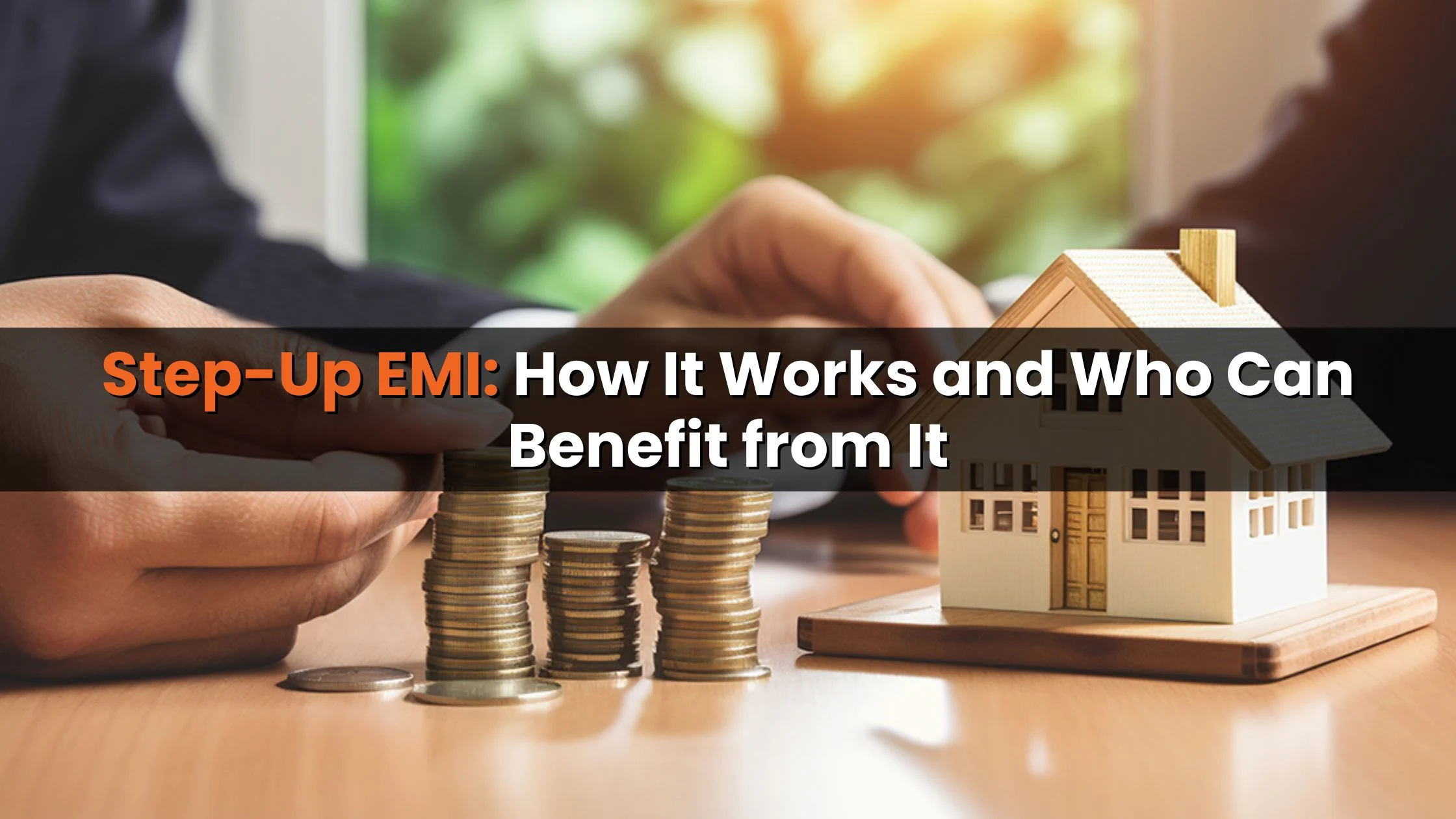Table of Content
▲
Margin Money in Home Loans
Margin money in home loans refers to the down payment a borrower makes. When buying a property, the part of the total cost financed from the buyer's own funds is called margin money, which typically ranges from 10% to 25%. This amount can be paid to the bank or a non-banking finance company (NBFC) from which the home loan is being sought.
To arrange margin money, buyers often liquidate their savings, take loans against savings, ask for soft loans from their employers, or opt for top-up loans from banks/NBFCs. While these options can provide short-term financing, they come with potential consequences. For instance, liquidating savings can deplete your financial reserves, loans against savings may come with high interest rates, soft loans can reduce your take-home pay, and top-up loans can be expensive. It’s crucial to consider all options carefully before finalizing the source of margin money.
Importance of Margin Money
Margin money is a key aspect of financing a property purchase for several reasons:
- Loan Eligibility: Also known as a down payment, margin money is the portion of the property price paid upfront without lender financing. Lenders typically finance up to 90% of the property’s value, requiring the buyer to pay the remaining amount. The amount you can pay as margin money impacts your loan eligibility.
- Reducing Loan Burden: A higher down payment means a lower loan amount, which reduces monthly mortgage payments and the total interest paid over the loan’s life. It also enhances your creditworthiness, resulting in more favorable loan terms.
- Interest Rates: Buyers with larger down payments often receive lower interest rates because they present a lower risk to lenders, having more equity in the property.
- Loan Approval: Some lenders have mandatory eligibility criteria involving margin money. A sufficient down payment demonstrates your commitment to the purchase and ability to manage the financial responsibilities of property ownership.
- Avoiding Additional Costs: Loans with down payments of less than 20% might incur additional costs, such as insurance. Higher margin money helps avoid these costs, making you eligible for better loan terms.
- Negotiation Power: Larger margin money strengthens your negotiating position with the seller, increasing the likelihood of offer acceptance.
Margin Money in the Stock Market
In the stock market, margin money is the collateral or initial deposit an investor places with their broker to borrow funds and trade on margin. It allows investors to buy more stocks than they could with their own funds alone by borrowing from the broker. The minimum amount required for this purpose is the margin. Here’s how it works:
- Leverage: Borrowed funds can amplify gains and losses as stock prices fluctuate, enabling investors to leverage their investments further.
- Flexibility: If an investor lacks sufficient funds to purchase the desired amount of stock outright, margin trading offers a flexible option for potentially lucrative investments, allowing for larger positions and higher returns.
- Short Selling: Margin money facilitates short selling, where investors borrow shares they don’t own to sell them, hoping to buy them back at a lower price and pocket the difference.
- Interest Costs: Margin trading involves interest costs on borrowed funds, which can significantly impact overall returns. These costs depend on the broker's terms and prevailing interest rates.
Understanding margin money's role in both home loans and stock market investments can help you make informed decisions to maximize your financial benefits.
Also Read: Home Loan from a Bank vs Housing Finance Company (HFC) - Which to Choose



_1771224636.webp)





Ans 1. Margin money is part of the total cost of your house that you have to pay even after taking a Home Loan. Generally, banks do not provide a loan for 100% of your house's cost. You are expected to contribute a percentage of the cost, called 'margin money', from your pocket
Ans 2. Margin money refers to the amount of money that borrowers must contribute from their own funds when taking a home loan. It serves as an initial deposit and represents a part of the investment's total value, ensuring the investor has a stake in the home purchased.
Ans 3. The investor must deposit a certain amount with the broker as a payment towards the risk undertaken by the lender. This deposit amount is known as Margin Money.
Ans 4. Initial margin is a deposit made. This means that it remains your money unless deducted due to losses.
Ans 5. For intraday trading also traders now have to deposit 20 percent of the transaction volume with the broker to avail margin facility. You can pledge existing securities in your DEMAT account as collateral. Ask your broker for a complete updated list of investment instruments that you can use as collateral.